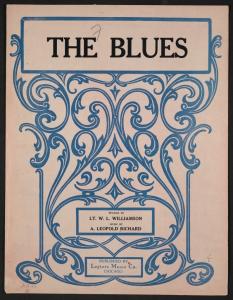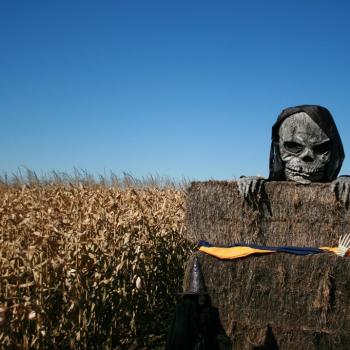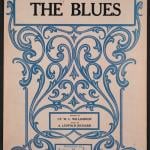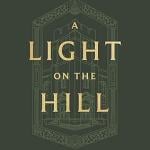
Source: Picryl
Public Domain
Late to the game as usual, I caught Ryan Coogler’s Sinners (2025) yesterday. It’s already had a monthlong run in theaters. While internet cinephiles have tussled over the film’s effectiveness, audiences are enamored. Sinners has pulled in over three times its budget and seems poised to be among the most successful genre experiments of the last decade. Coogler may be a superhero director, but here he helps the limping film industry find its way out of a failing formula.
And what’s not to like in a vampire tale set in the Mississippi Delta in the 1930s? Coogler offers audiences Blues, juke joints, meditations on the Black musical tradition, and gory kills. He even sneaks in the little-known story of the Mississippi Delta Chinese. Sinners is a big swing and a fun watch. But you don’t need me to tell you that. You’ve probably already taken the movie in.
What I would like to do, if briefly, is think out loud about what did not work for me. Most of all I found its symbolic universe confusing. I’ve got nothing against a genre movie that’s pure fun, like the recently released Final Destination Bloodlines (2025). It knows what its audiences want: a blood-soaked good time, an occasional wink and a nod punctuated by gruesome Rube Goldberg machines of death. But Sinners aspires to more, to the kind of cultural relevance of director Coogler’s Black Panther (2018).
The setting makes this fact clear enough. Blues and its antagonistic relationship to Christianity (the main character is a preacher’s son) leave no room for doubt. In a long oner, Coogler swings around the juke joint as the crowd of sharecroppers stirs into a frenzy, interspersing African dancers with Black rockers and girls twerking. A Chinese dancer pops onto the screen briefly, reflecting, I suppose, the ancestry of the Chinese grocers. But to what end?
In the film, music invites both togetherness and evil. We learn this from the opening narration. It’s all very direct. It liberates and it, well, draws vampires to destroy your juke joint. The vampires play Irish folk music and preach love against the hatred of the local Klan chapter. As professed by one character, folk magic works. Despite this fact, it fails to fully protect the group besieged inside the juke joint by the vampires. What are we to make of this? What does anything mean?
The vampires come from all races; their love seems a kind of anti-Afropessimist fraternity. Yet, the proud, heritage-loving folks inside the juke joint include a Chinese couple. A quarter-Black woman (thus a white-passing woman) betrays the group. So, is she insufficiently rooted in Blackness? The three to whom she betrays everyone are white and, in their view anyway, revolutionary. Or is race irrelevant even though the film keeps insisting on its importance?
Put plainly, the movie’s actual ideological concerns made little sense to me. One moment, the Blues formed a liberatory genre; the next music sold people out to sin and vice. The twins Smoke and Stack, both played by Michael B. Jordan, keep insisting that their gangster lifestyle, explicitly identified with musicality, is a waste. They want to found an Afrocentric business, but the local sharecroppers only have company scrip with which to pay. Are they saviors? Buffoons? Examples of the limits of Black capitalist rejuvenation (otherwise so lauded in Coogler’s other films)? Again, no idea.
I simply had no clue what to make of the movie’s symbolic nexus. I cannot tell you—and I wish I could—what anything was intended to mean. In that sense, I wish the film didn’t invite such consistent reading of itself as a political text, as one so rich in symbolism. Because, as it turns out, I’m not sure there’s a whole lot there. That is the film’s cardinal sin.












